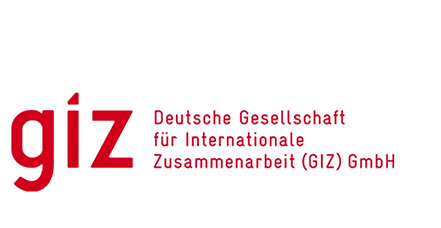Information Resources
Reports |Case Studies |Article+Journals |Videos | Podcasts | TV
HECAF and its successor organisation HECAF360 have produced a considerable body of reports, case studies and other technical papers relating to its work.
Via this page you can access many of those archived documents. Click on a report title and you should be linked to more information or to a pdf reader page.
Likewise many HECAF and HECAF360 projects have been documented on video and these are also accessible below in the Video section
Reports
This case study reports on the development of a healthcare waste management system at Tribhuvan Teaching Hospital (TUTH) in Kathmandu Nepal produced in collaboration with HECAF360, Health Care Without Harm and WHO Nepal.
This case study is supported by the United Nations Environment Programme – International Environmental Technology Centre (UNEP-IETC) with financial assistance from the Ministry of Environment Japan (MOEJ).
The report describes factors at TUTH that acted – both for and against – making the necessary procedural changes toward safer healthcare waste management.By enhancing waste separation at source, distributing needle cutters throughout the hospital, installing a biodigester to treat organic waste and investing in autoclaves to treat infectious waste, levels of hygiene have risen and risk of exposure to infectious disease and injuries associated with waste handling have been reduced. What’s more, emission of air pollutants and greenhouse gases caused by incinerators has been minimised through non-burning treatment technology.By designing-out waste and pollution and by keeping products and materials in use as much as possible (recycling), this project is actively promoting the concept of “the circular economy” in Nepal. You can access the full case study here.

HECAF360 contributed significantly to this WHO report which describes current healthcare waste management systems in the developing world, and their deficiencies –especially given the additional COVID-19 healthcare waste generated – and summarizes emerging best practices and solutions to reduce the impact of waste on human and environmental health. Fore more information and/or to download the report just click on the cover image.
Journal and News Articles
Gabriella Jóźwiak is an award-winning journalist based in London who writes extensively on international development issues. In February 2023 she interviewed HECAF360's Mahesh Nakarmi and Ruth Stringer of Health Care Without Harm about their collaboration on the development of a custom-designed multi-chambered biodigester at Kathmandu's Tribhuvan Teaching Hospital. The following is lifted from her online article.
The Teaching Hospital is a 700-bed facility that produces on average a ton of waste per day. Prior to the digester, staff incinerated pathological and anatomical waste such as placentas. However since placentas are composed of about 60% water, workers added paper and plastics to fuel the fire, which caused air pollution. Workers would also pile up hospital food waste outside the building where, awaiting waste collectors to eventually haul it away to a municipal dump, it would attract rats and flies.
Nakarmi, an engineer by background, worked with a biodigester expert to create the digester. Hospital staff load the waste into the digester through two inlets above ground. The waste falls into the first of two chambers where it mixes with cow dung to stimulate the process and water to keep it flowing.
The placentas are potentially infectious but decompose over a period of about six months in the digester – by which time any dangerous pathogens are eliminated. The “digest” – or waste – flows into a sewer connected to the tank. “There are no mechanical issues,” Nakarmi said. Gravity moves the mixture along. The digester uses no power and is low-maintenance.
For more on HECAF360's work with biodigesters click here For the full text of Gabriella Jóźwiak's article click here.
Agreement with Health Care Without Harm
and German Development Agency GIZ
HECAF360, Health Care Without Harm and the German Development Agency are working on fostering environmental resilience and improving health care waste management practices in Nepal.

HECAF360 and Health Care Without Harm have partnered with the Deutsche Gesellschaft für Internationale Zusammenarbeit (German Development Agency, GIZ) for a 22 month project to foster environmental resilience and improve health care waste management practices as part of German Development Cooperation (GDC)’s support in the health sector in Nepal. For more on this new project click here.

Video Library
Bir Hospital 2010










